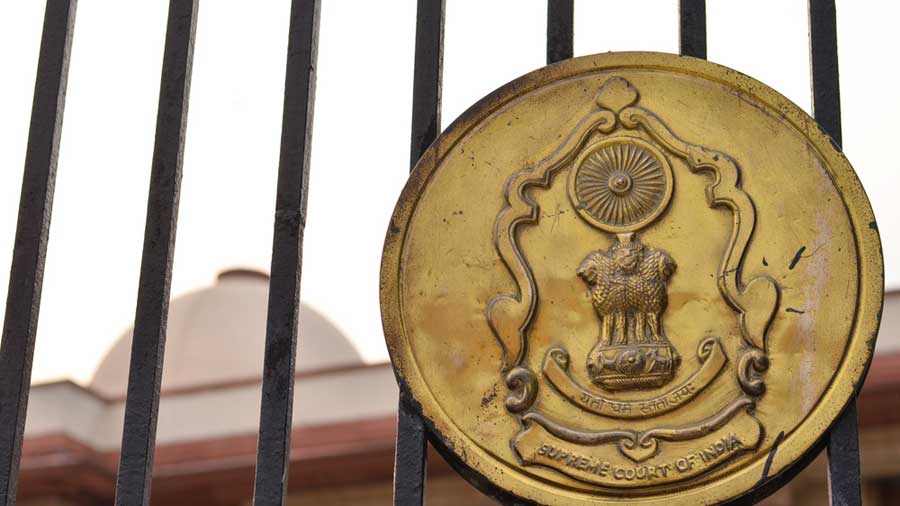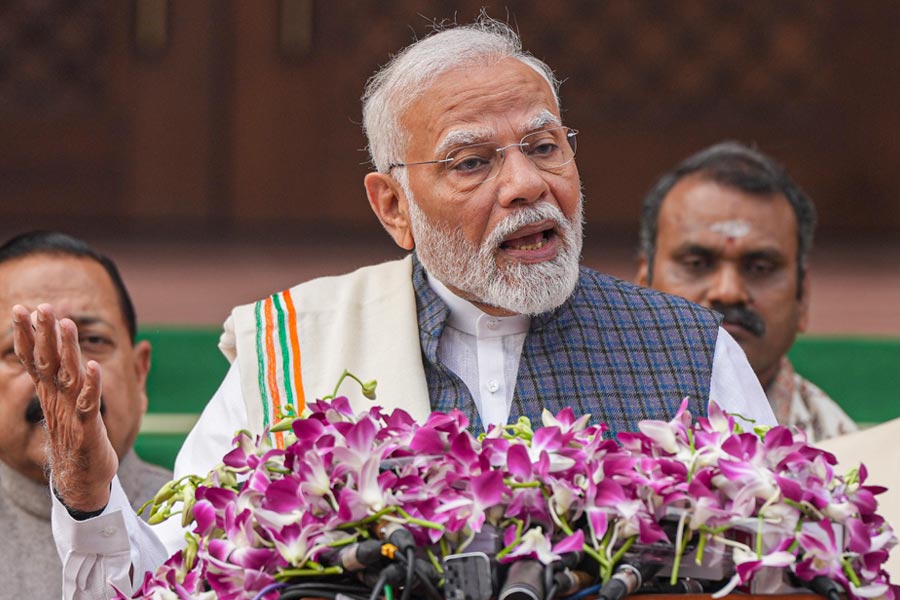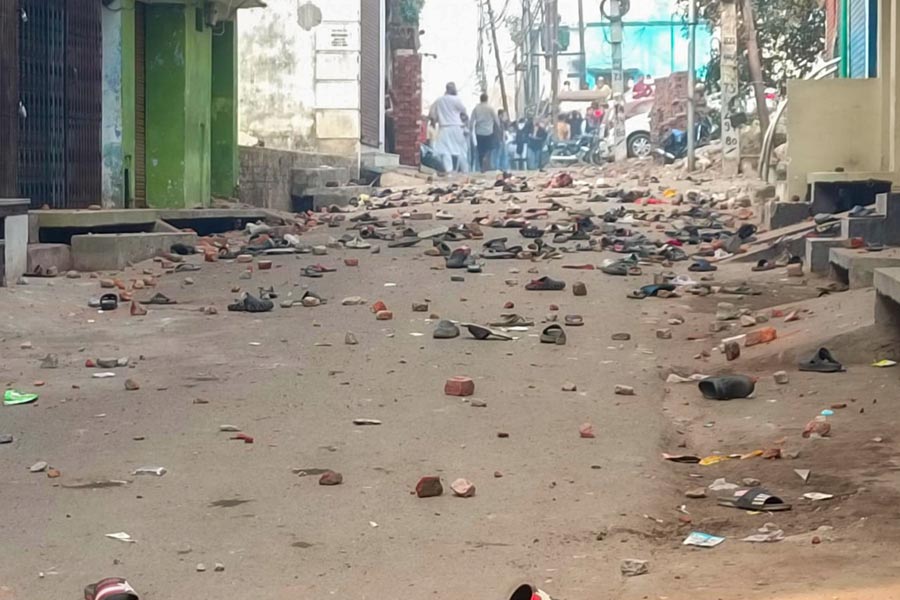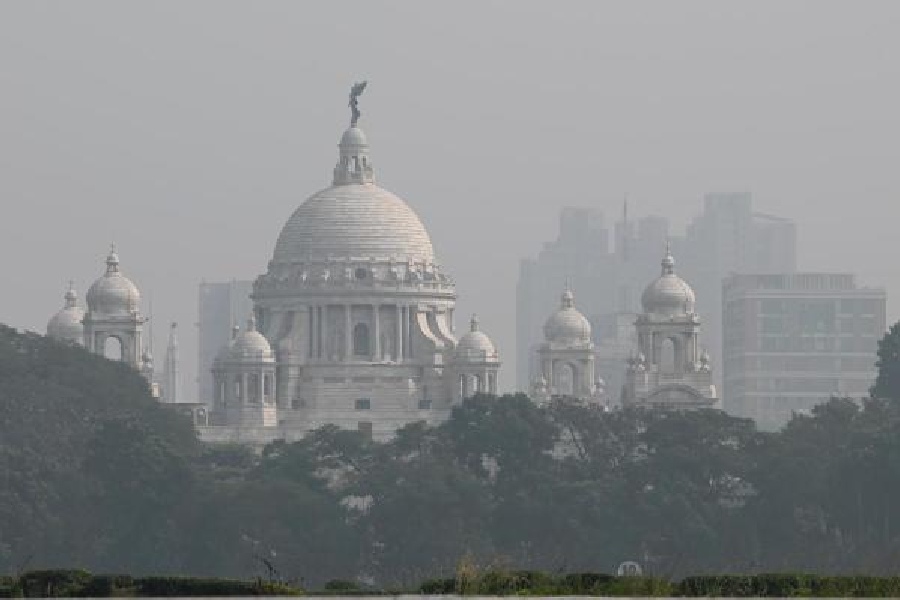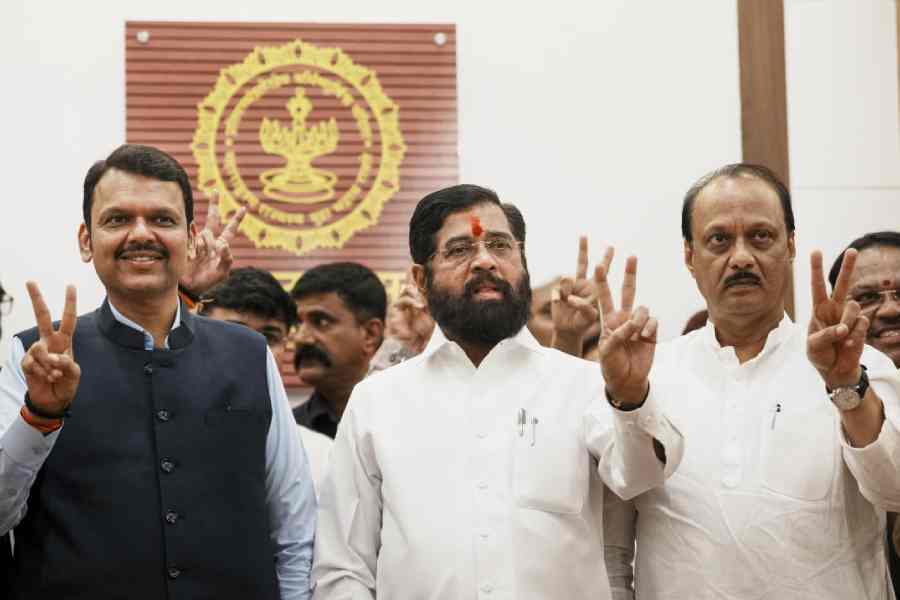The Supreme Court on Monday stressed the need for clarity on a question left unanswered by a five-judge constitution bench: whether land acquisition proceedings should lapse where possession has been taken but compensation left unpaid for a long time.
While a 2013 law had said land acquisition proceedings would lapse if physical possession had not been taken or the compensation not been paid, the five-judge bench said the proceedings would lapse only if the authorities have neither taken possession nor paid the compensation.
“The judgment had given the government certain laxity, which Parliament did not want to give the government,” Chief Justice S.A. Bobde, who headed a three-judge bench, observed orally on Monday while adjourning the matter by two weeks.
The bench, which included Justices A.S. Bopanna and V. Ramasubramanian, said the March 6 verdict by the five-judge bench had not clarified what the fate of the acquisition proceedings would be if the government had taken possession but not paid the compensation for several years. It wondered whether those who gave up the land should wait indefinitely for compensation.
“If possession is taken by the government but compensation is not paid, the acquisition does not lapse. But we need to know for how long... will it not lapse? Forever?” Justice Bobde asked solicitor-general Tushar Mehta during the hearing.
His words suggested the apex court might revisit the March 6, 2020, judgment to clarify the matter.
If so, the three-judge bench will have to refer the matter to a five-judge or seven-judge bench, since a smaller bench cannot overrule a larger bench.
The five-judge bench that gave the Indore Development Authority vs Manoharlal and Others ruling was made up of Justices Arun Mishra (now retired), Indira Banerjee, Vineet Saran, M.R. Shah and Ravindra Bhat.
It had passed the judgment while interpreting Section 24 of the Right to Fair Compensation and Transparency in Land Acquisition, Rehabilitation and Resettlement Act, 2013, after two three-judge benches had delivered conflicting verdicts.
Mehta, whose assistance was sought in the matter on Monday, said 600-odd cases relating to land acquisition proceedings were under adjudication in various high courts, hanging on the interpretation of Section 24.

